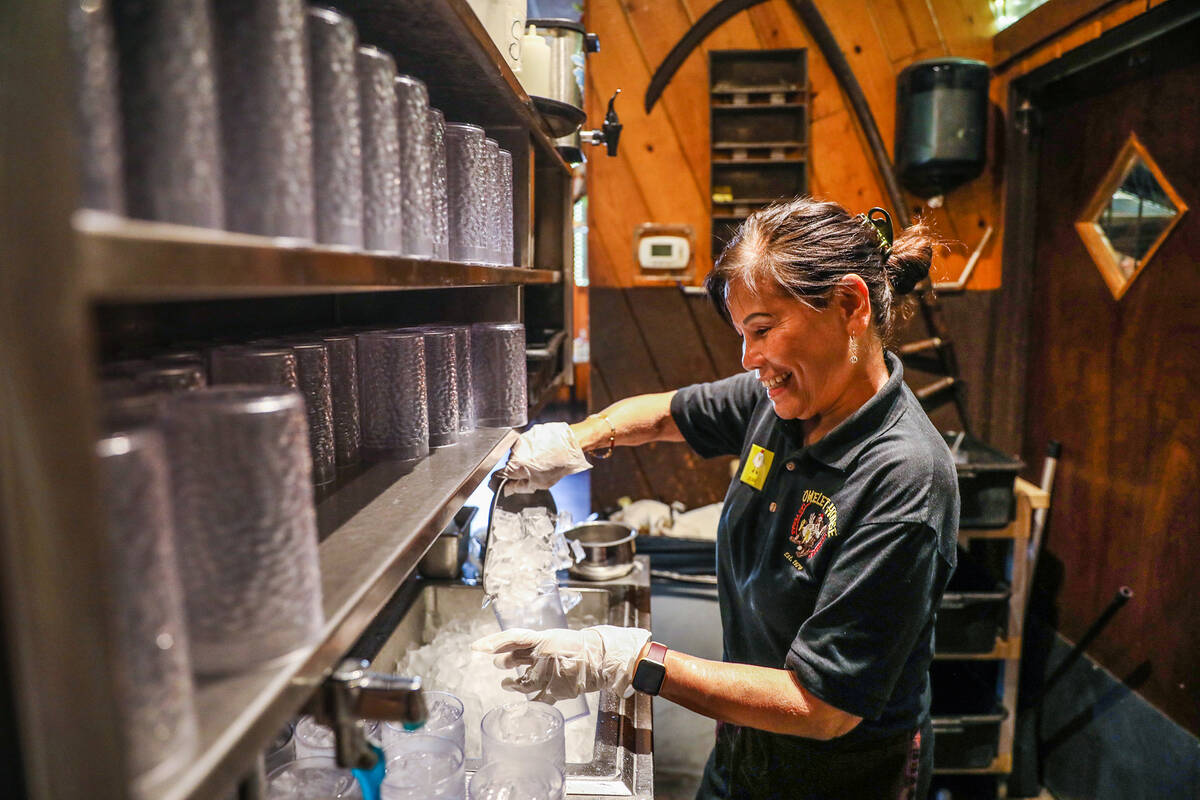What is Nevada’s minimum wage?
New Nevada residents, teens looking for their first job and others may wonder how low their first wages could be and whether they will be as low as the federal minimum.
Rest assured — the state’s minimum wage is $12 per hour, regardless of whether they are tipped or whether they receive health benefits. The Silver State reached that minimum on July 1. No other increases are scheduled as of August 2024.
The federal minimum wage is currently $7.25 — and hasn’t been changed since July 2009.
Nevada lawmakers last changed the state’s minimum wage law in 2019, when they planned for five years of 75-cent step increases until it reached $12 per hour, or $1 less if the employer offered qualifying health care benefits.
Then voters changed that in 2022. They approved a constitutional amendment to set the hourly wage at $12 and remove the different tiers based on health care offerings.
That amendment, which passed with about 55.2 percent of the vote, also provides that Nevada’s minimum wage should go up with any increases above $12 at the federal level.
Some other Southwest states are also above the federal minimum wage as of July 2024: California ($16), Arizona ($14.35) and Oregon (as low as $13.70, depending on the county). Utah and Idaho’s minimum wage equals the federal minimum.
Contact McKenna Ross at mross@reviewjournal.com. Follow @mckenna_ross_ on X.


















